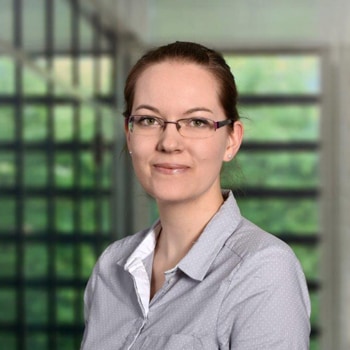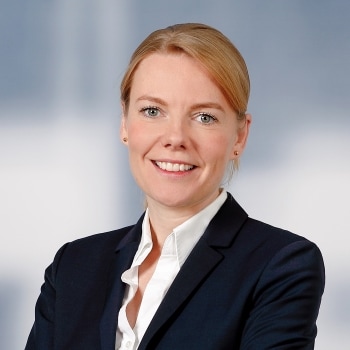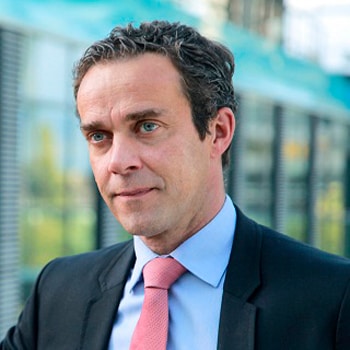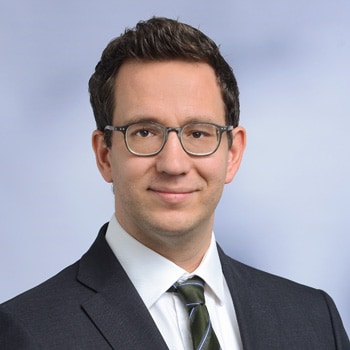Article
Management of condominium ownership in times of COVID-19
Even the previous German Condominium Act (WEG) contains various regulations that can be useful to the administrator of condominiums in coping with his tasks in the current special situation. These are supplemented by the special provisions issued on the occasion of the Pandemic.
The COVID-19-Pandemic has an impact on almost all areas of life, including, of course, condominium communities and their administrators. For many administrators and condominium owners - in addition to other, sometimes existential questions - the pragmatic question is often asked at present how everyday processes, especially necessary decision-making processes, can be carried out without physical meetings and resolution processes.
The Condominium Modernisation Act, the draft of which - with the aim of simplifying administration - in some areas provides for the replacement of the written form by the text form (e.g. e-mail) and will even for the first time enable condominium owners to decide on the holding of virtual meetings , has been initiated despite the current state of emergency. However, it could still take some time before it comes into force.
With regard to condominium owners' associations, the law adopted on 27 March 2020 to mitigate the consequences of the COVID-19-Pandemic in civil, insolvency and criminal procedure law contains only two essential regulations which, according to the current state of affairs, are to remain in force until 31 December 2021:
- The last appointed administrator will remain in office until his or her dismissal or until a new administrator is appointed, unless he or she has effectively resigned from office.
- The most recently adopted budget shall continue to apply until a new budget is adopted.
On the other hand, the legislator has not taken the opportunity to simplify the decision-making process for condominium owners (at least) during the crisis.
So what do you do if the roof, which is part of the common property, is damaged during a storm and needs to be repaired as quickly as possible?
According to § 20 (1) WEG, the management of common property is basically the joint responsibility of the condominium owners. As a rule, the condominium owners decide on the measures to be taken by means of a resolution, unless the regulations applicable to the WEG lawfully stipulate otherwise. The administrator executes the resolutions in accordance with § 27 (1) WEG. If a resolution cannot be passed, this does not automatically mean that the administrator alone is entitled to decide - in general the requirement for a resolution remains.
However, the current law provides for a few simplifications and exceptions, which are briefly described below:
a) Circular resolution
According to § 23 (3) WEG, a resolution can also be passed without a meeting of the condominium owners if all condominium owners give their written consent to this resolution, which is usually prepared by the administrator.
With the help of this so-called "circulation resolution", particularly urgent resolutions can be passed - at least in the case of smaller condominium owners' associations where a 100% participation rate of condominium owners is realistic.
b) Emergency management authority of the administrator
For maintenance and repair measures that cannot be postponed, § 27 para. 1 no. 3 WEG applies. According to this, the administrator is entitled and even obliged to take the measures necessary to preserve the common property in urgent cases.
The power of representation of the administrator to conclude corresponding contracts (e.g. with tradesmen, roofers) results from § 27 para. 3 sentence 1 No. 4 WEG. An "urgent case" within the meaning of § 27 para. 1 No. 3 and para. 3 sentence 1 No. 4 WEG is usually given if the measure is urgent because the community is otherwise threatened with damage and the prior decision of the condominium owners is not possible.
It should be noted, however, that § 27 (1) No. 3 WEG basically only entitles the administrator to initiate such measures that eliminate the emergency or dangerous situation until an owners' meeting can be held. If a temporary safety measure (e.g. closing the leak in the roof) is sufficient for this purpose, the extensive repair is not covered by the administrator's so-called "emergency management authority". The financing of the measure must also be secured, as the levying of a special charge is generally only possible by way of a resolution. Finally, the administrator can only be advised to at least inform the condominium owners about measures that cannot be postponed and the expected costs involved.
In the above-mentioned case, in which the roof belonging to the common property must be repaired as quickly as possible, the administrator should therefore first attempt to obtain a circular resolution. If the circular resolution fails because not all condominium owners participate, the administrator (only) has the power to act on his own authority.
It is possible that if the current situation persists, the legislator will also be called upon to supplement the law to mitigate the consequences of the COVID 19 pandemic in civil, insolvency and criminal procedure law with further special provisions, thereby creating further possibilities for the proper and modern management of condominiums.
We will inform about new developments in any case.










